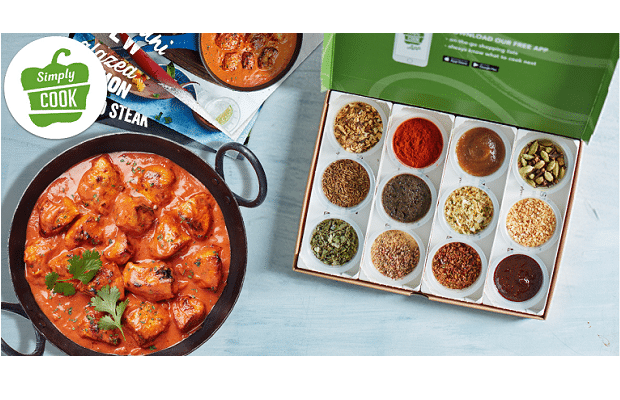
The study, from Rakuten Marketing, finds that Conversion is key when it comes to their success, with a quarter of consumers on average having heard of a DTC brand then going on to make a purchase;
- Awareness à Purchase: 28% of UK respondents who recognise Birchbox have also bought from the company, 27% have bought from SimplyCook and 24% from com
- Point of sale: While 17% of consumers profess Facebook is their most likely point of sale, 12% still rely on the brand’s own website and 14% prefer cashback sites and voucher / discount code sites, highlighting the role of affiliate marketing in driving conversions.
- Social still raising interest: Social media still plays a heavy role in driving awareness, 44% of UK consumers place Facebook as a platform that has raised their awareness of DTC brands. YouTube (31%) and Instagram (28%) are close behind.
Conducted among 2,000 UK consumers and a further 2,000 in France and Germany, the study proves that despite recent headlines, the top global DTC brands are lesser known than SimplyCook, Made.com, Abel & Cole and Birchbox. Global business, Dollar Shave Club – the DTC archetype – also makes the top five.
When it comes to sales, the research also confirms the efficacy of the DTC business model – for example 28% of UK respondents who recognise Birchbox have also bought from the company, 27% have bought from SimplyCook and 24% from Made.com.

High conversion channels
Looking at where consumers actually convert, the numbers are an almost even split. While 17% of consumers profess Facebook is their most likely point of sale, 12% still rely on the brand’s own website and 14% prefer cashback sites and voucher / discount code sites, highlighting the role of affiliate marketing in driving conversions.
Anthony Capano, managing director, EMEA at Rakuten Marketing explains, “DTC brands have historically relied on performance-based digital advertising strategies. Huel was started when founder, Julian Hearn, sold his affiliate marketing business to fund his successful business venture. Now, many leverage high return publishers to target audiences with direct response ads to drive conversions.”
Importantly, performance marketing should not be seen through the linear lens of social and discount sites. MoneySavingExpert is a great example of a consumer advice publisher where as many as one in ten consumers are most likely to click and buy from a DTC brand.
Fashion label Meli Melo is undertaking the move towards a DTC business model. CEO of Meli Melo, Doug Ker, comments, “Brands who can orientate campaigns through affiliate marketing with key business objectives stand to benefit the most. Focusing on what really matters, Meli Melo has been developing close relationships with regional publishers offering the most relevant and engaged audiences in different regions, for example in APAC, which puts our brand in front of our premium international buyer.”
Are DTC brands feeling social pressure?
Looking at the channels that have catalysed awareness for these brands it’s clear social media still plays a heavy role. 44% of UK consumers place Facebook as a platform that has raised their awareness of DTC brands. YouTube (31%) and Instagram (28%) are close behind.
Celebrity social media endorsements are one of the most familiar social media expenditures among brands. In fact, more respondents (11%) backed micro-influencers – those with up to 30,000 followers – as an effective means of raising their interest in DTC brands, supporting findings from a recent Rakuten Marketing study into influencer marketing.
Doug Ker explains, “The targeting available through social platforms is like nothing many retailers had encountered before. However, as these tools mature, they are also becoming more expensive, urging independent brands such as Lush, to consider whether there are more efficient solutions to reaching core segments of their audience.
“It’s ultimately an extremely high reward approach to sales, but the close relationship between awareness and purchasing doesn’t solely exist in the realm of social media.”
Methodology
Rakuten Marketing conducted research with Savanta in April 2019 amongst 2,000 UK consumers. A concurrent survey ran among 2,000 consumers in France and Germany.
